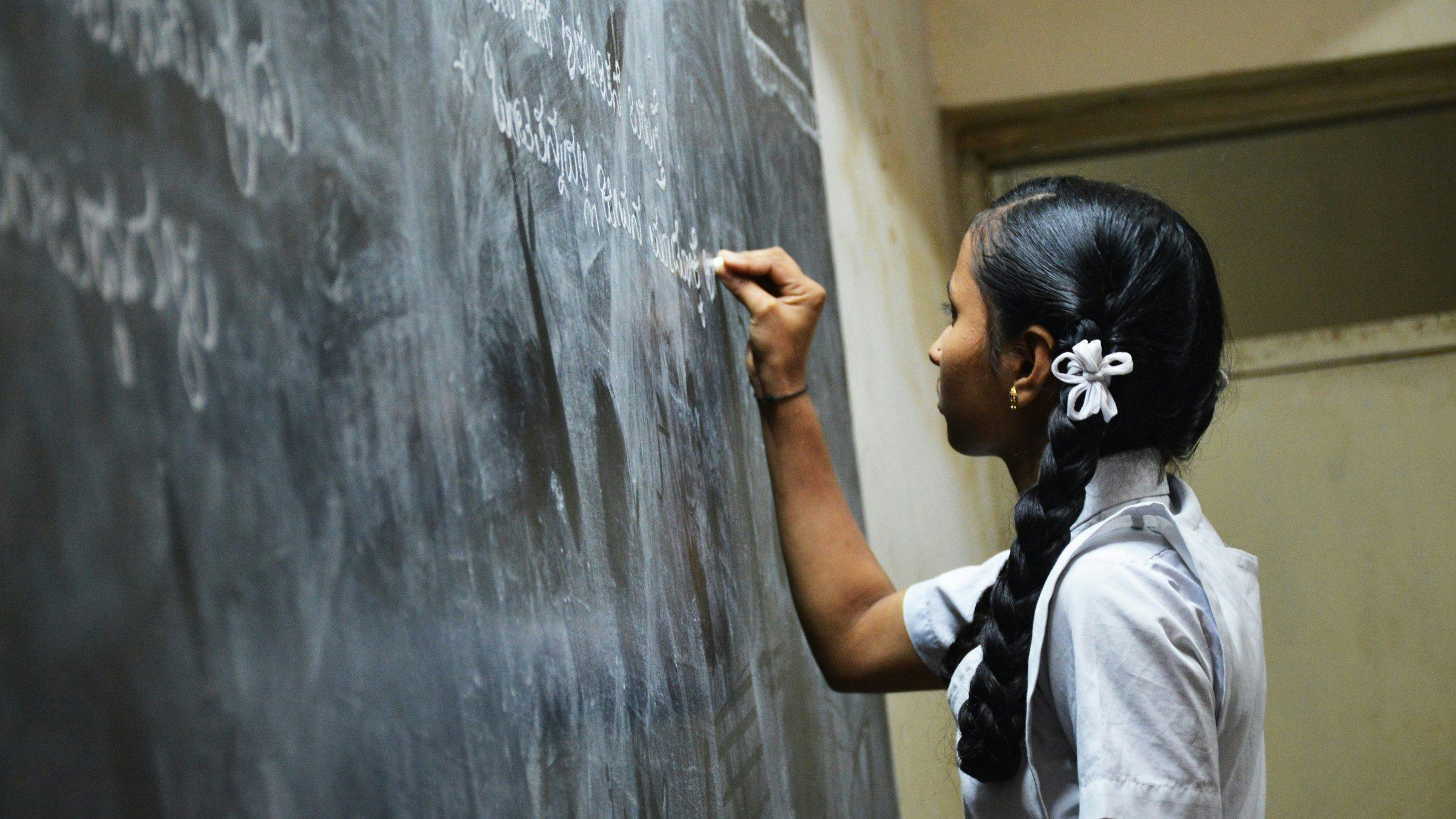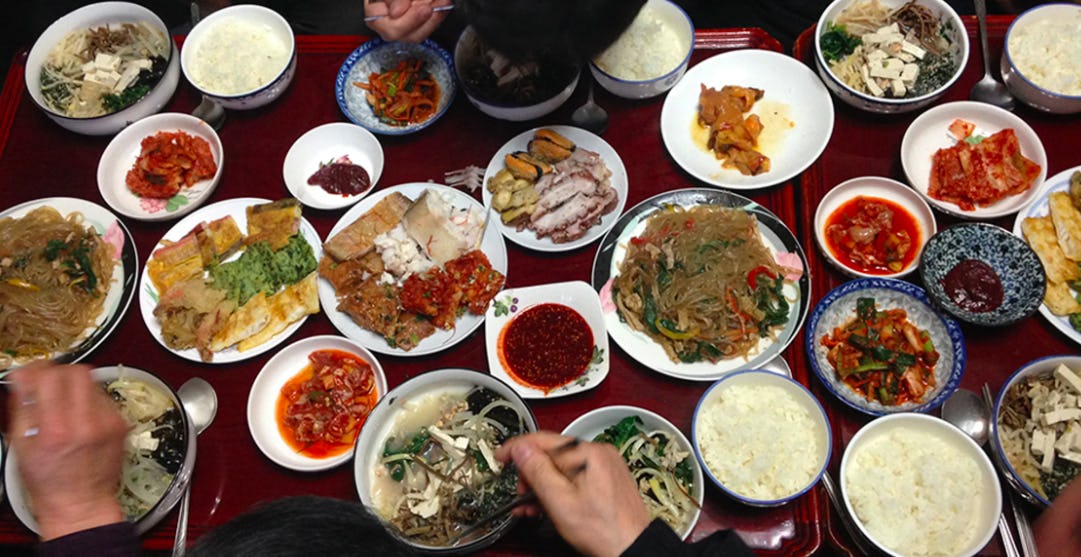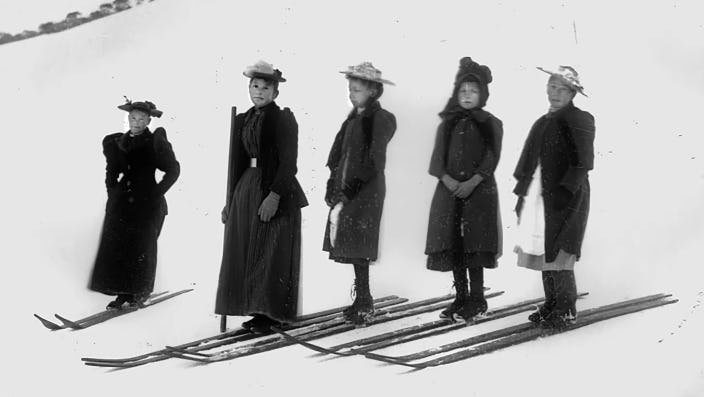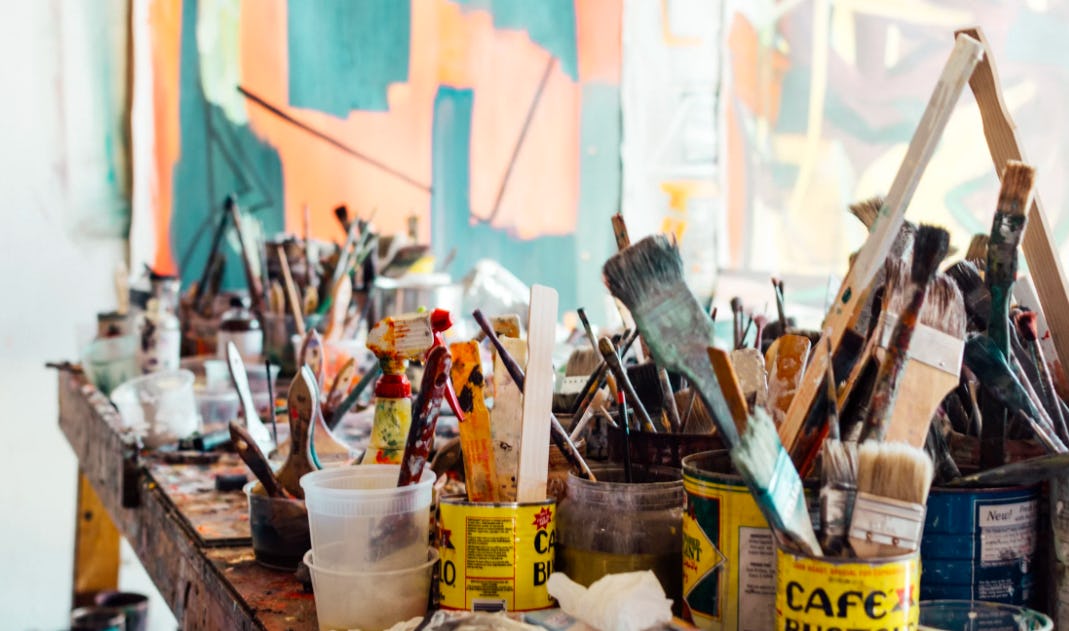Catapult

How to Stop Saying Sorry When Things Aren’t Your Fault
Thinking of apologizing in my home language has allowed me to understand the act of apologizing as inherently connected to asking for forgiveness. It reminds me that I do not need to blame myself for others’ pain. I can empathize with it without the need to offer language to take personal responsibility. By thinking of saying sorry in Hindi first, I pause my compulsion to say sorry.
Recommended pairing: this Liminal interview with Kamna Muddagouni

Travelling with the Seongs
When you’re adopted, the idea of meeting people who might have the same nose and eyes as you is equal parts impossible and thrilling. I didn’t resemble Appa at all, and it took a long time to find my resemblance to Umma, whose face is only like mine from the nose down. Quietly, I was dying to meet the rest of my family – perhaps then, I thought, I’d finally know what it was to look at a relative and understand what non-adoptees feel when they see their family.
Adoptee Ellie Freeman recounts the process of reuniting with her birth family in Korea and the range of emotions she experienced while forging a deeper relationship with them.

The Curious Lives of Ski Migrants
Janet Manley traces the origins of ski culture and its distinctive aesthetic to homesick European migrants 'finding ways to slide about on patches of snow'.
Thanks to these émigrés, there is not only skiing in Australia, but also an outcrop of 'chalets' and 'Tyrolean villages' mixed in with the caravan parks, pubs, and bowling clubs. The scene is just as confusing in the United States, particularly in the northeast, where I now live. Driving toward a mountain, you will see CITGO gas stations disguised as alpine chalets and Swiss A-frames selling barbecue wings.

Cigarettes and Turpentine: An Ode to My Artist-Mother
It took me a long time to understand that she makes art for herself – for the sake of her own self-expression and satisfaction – not for validation. This is something I am still learning.